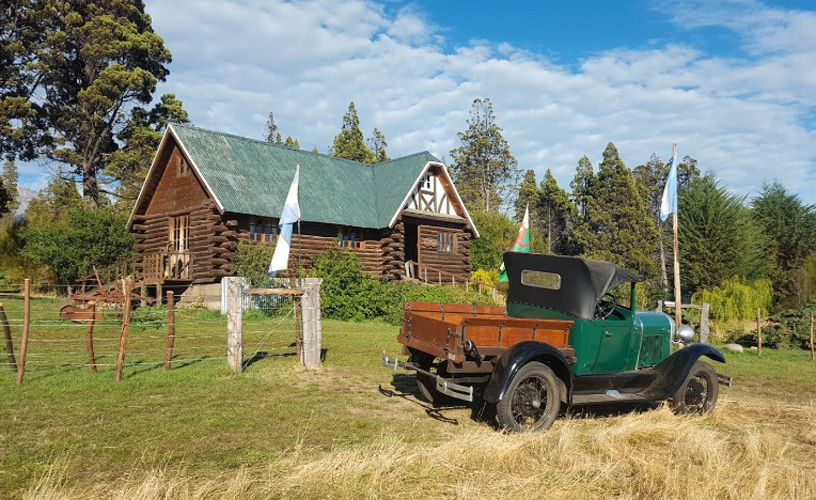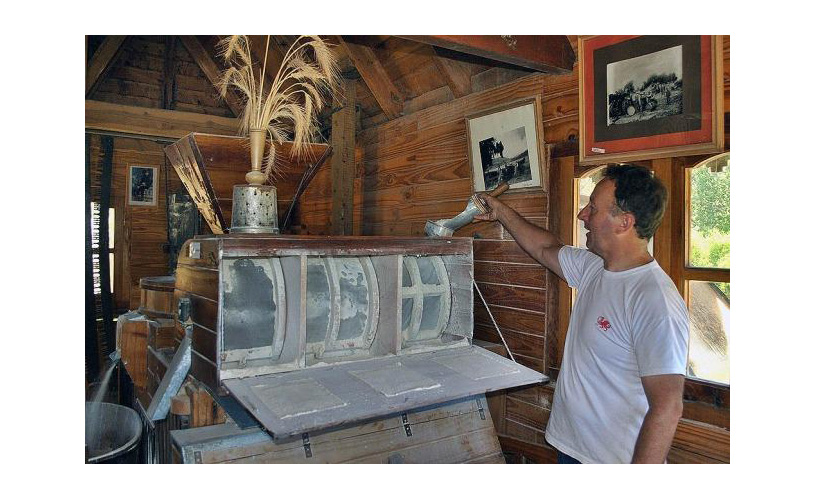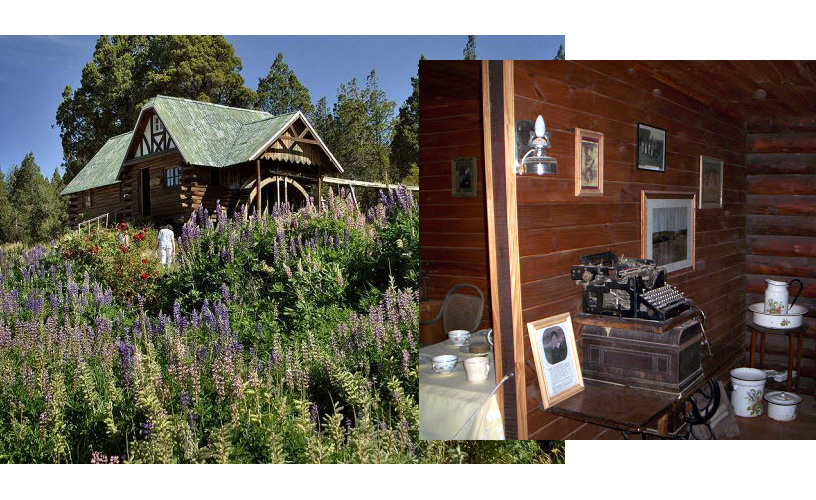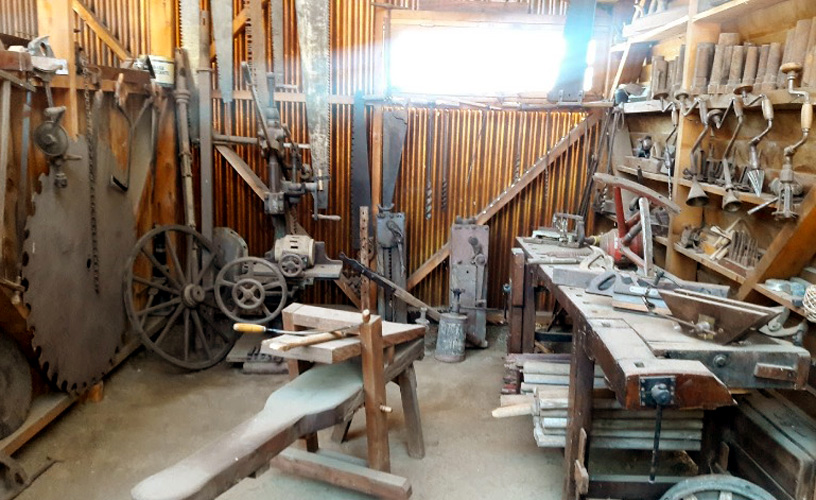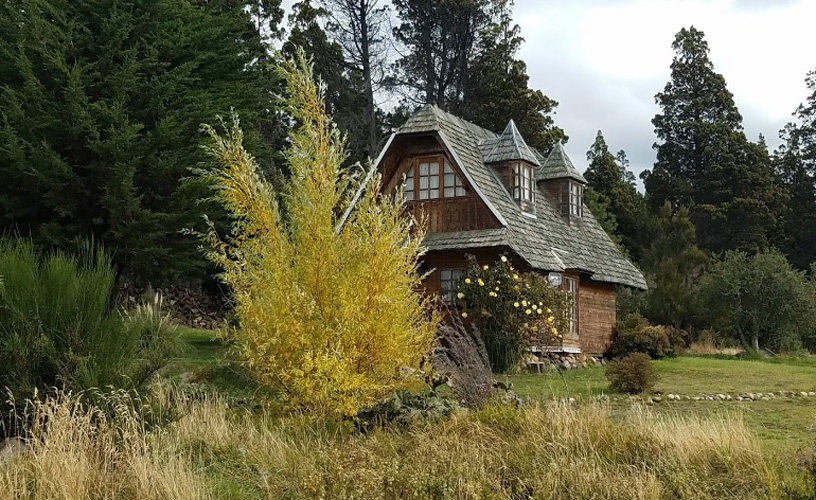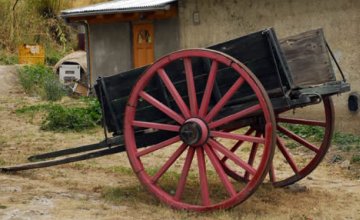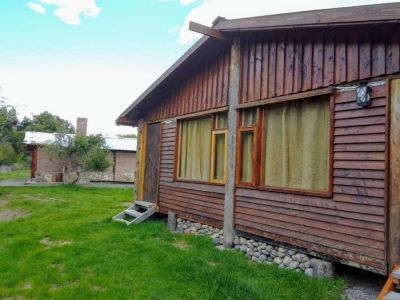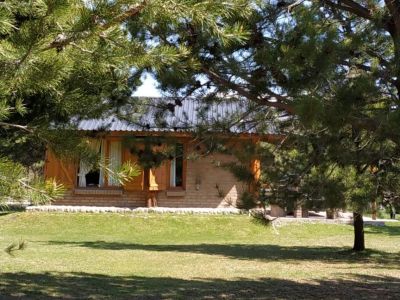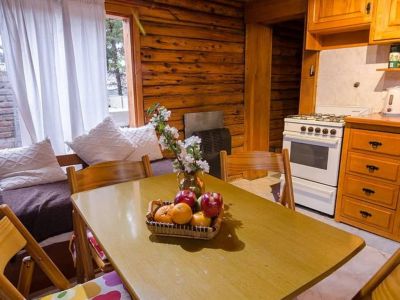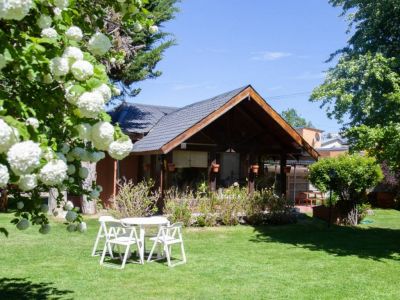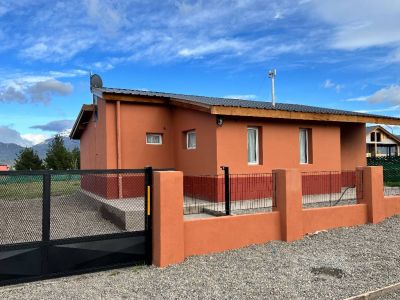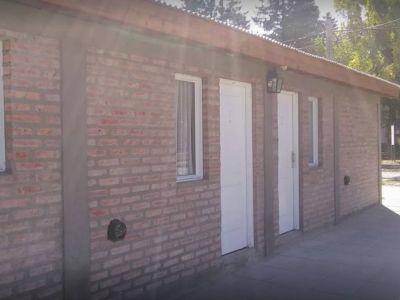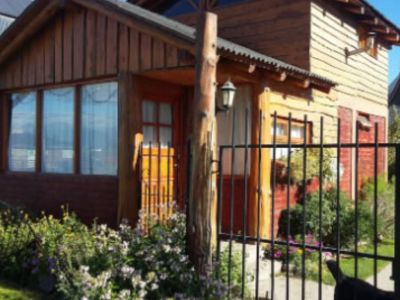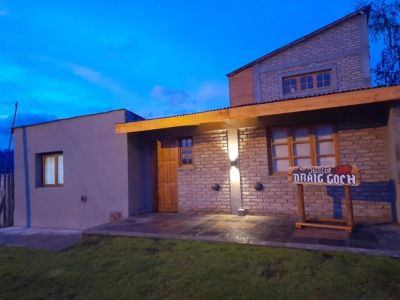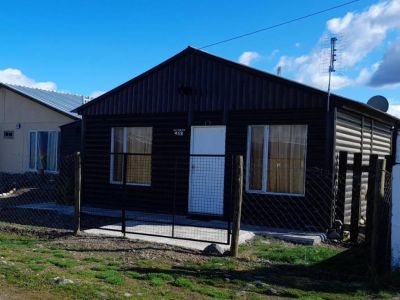Our difficulty to pronounce Welsh words, a trademark in the mountain town called Trevelín, did not prevent us from visiting Nant Fach Museum -whose name means “small creek”- and discovering its rich tradition.
We left the town towards the museum and, as soon as we arrived, we learned that it is a replica of the old family and semi industrial mills that characterized the late nineteenth century until the mid twentieth century. Built by hand using stone, they used to grind wheat grains in order to make flour using very ancient techniques.
Tribute is paid to names such as Rhys Thomas and John Daniel Evans, fosterers of this industry, the base of the town’s diet. The decline of the mills dates back to 1949, when a national law declared Trevelin was not a wheat-growing zone. It was then when cattle-raising became the main source of income for the Welsh descendants.
In addition to the agricultural machinery typical of flour making, the museum has gathered period carts, musical instruments and domestic daily tools. Eager to work, the colonists succeeded in turning this moor into fertile and profitable land. The Welsh took advantage of the spring waters to build irrigation ditches still used today.
Nant Fach Museum, of the Small Creek
This is a private museum, owned by the Evans family, who in addition to managing and guiding the tours have been acknowledged as precursors of the choral tradition with the typical warmth of the local denizens. The museum is now a tourist attraction in the area known as Comarca de los Alerces (Patagonian Cypress Shire).
Once the tour was over, the magnificent view of Mount Gorsedd y Cwmwl was still waiting in the museum yard while wild ducks and a kingfisher watched us from the creek bank.
The huge mill wheel that can be seen constantly going round outside the museum symbolizes the ever active spirit of this people who have won their own space at the foot of the Patagonian Andes.
Mónica Pons
Gentileza Museo Nant Fach
